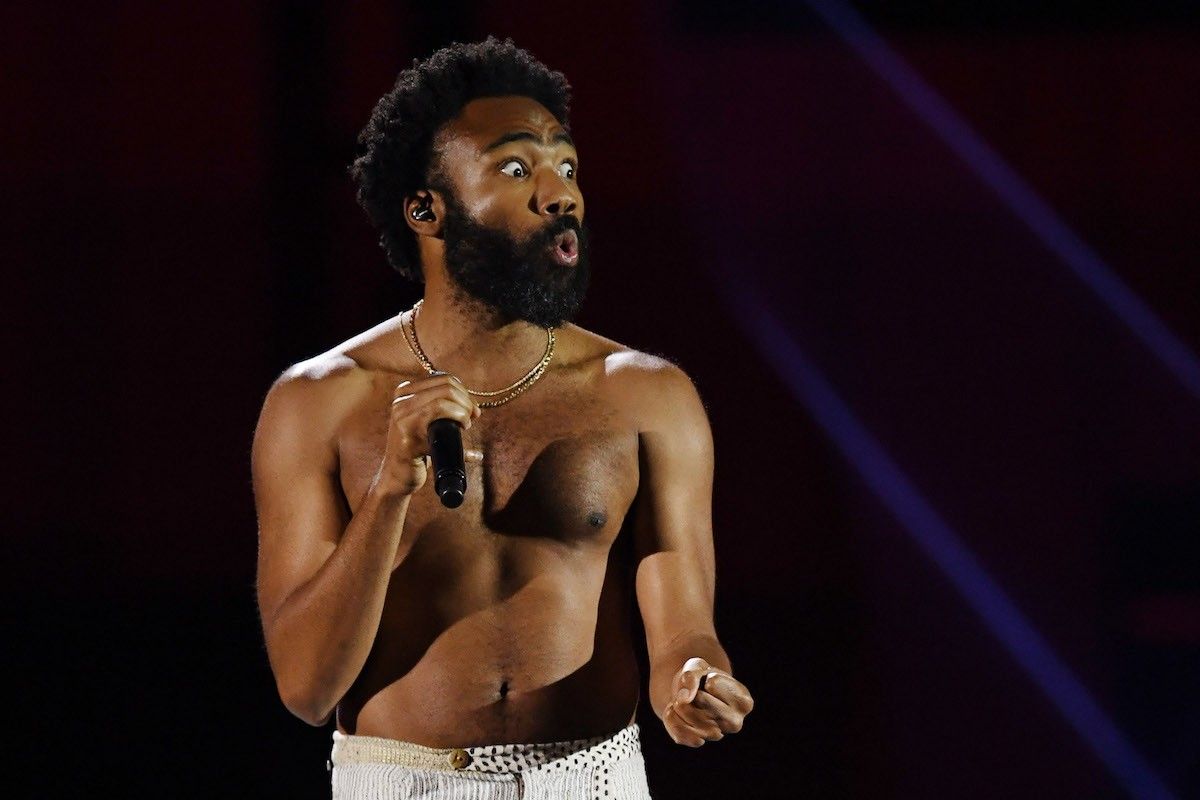
Photo Credit: Ethan Miller/WireImage
To continue reading
Create a free account or sign in to unlock more free articles.
By continuing, you agree to the Terms of Service and acknowledge our Privacy Policy
Register
The content is free, but you must be subscribed to Okayplayer to continue reading.
THANK YOU FOR SUBSCRIBING
Join our newsletter family to stay tapped into the latest in Hip Hop culture!
Login
To continue reading login to your account.
Forgot your password?
Please enter the email address you use for your account so we can send you a link to reset your password:

Case dismissed for Childish Gambino aka Donald Glover. On Friday (March 24), a New York federal court dismissed a copyright infringement lawsuit against the 5-time Grammy-winner. In 2021, Miami rapper Kidd Wes, legal name, Emelike Wesley Nwosuocha, claimed that Glover's 2018 hit single "This Is America" infringed on his 2016 track "Made In America." Judge Victor Marrero dismissed the lawsuit with prejudice to leave to amend, but Nwosuocha is reportedly considering an appeal.
“Mr. Nwosuocha is understandably disappointed, and is considering an appeal of the decision,” Kidd Wes’ attorneys, Imran H. Ansari and La’Shawn N. Thomas, wrote in a statement to Pitchfork. “He stands by his music, creativity, and the independence of grassroots artists to create their own music, and receive credit where credit is due, without the fear of it being apportioned by another.”
In the dismissal, Victor Marrero said that Nwosuocha didn't have compositional copyright registration along with his sound recording copyright, also noting differences in each song's lyrics and themes.
“Even if Nwosuocha had a copyright registration for the composition of Plaintiff’s Composition, however, dismissal would be warranted here because the elements of Plaintiff’s Composition purportedly infringed upon are insufficiently original to warrant protection, or because they are not substantially similar to the Challenged Composition,” the dismissal reads.
“More could be said on the ways these songs differ, but no more airtime is needed to resolve this case," Marrero added.
In addition to Glover, Nwosuocha listed "This Is America" co-writer Young Thug, producer Lüdwig Goransson, and multiple record and publishing companies as defendants in the lawsuit.
“We are very grateful for the court’s decision,” Glover’s attorney, Jonathan D. Davis, said in a statement to Pitchfork. “No case existed here, as there was no infringement — let alone a copyright registration. That was obvious from a simple comparison of the two songs and a review of the U.S. Copyright Office records.”